We often deal with the parallel realities constructed in the German public television in our columns – the distortion that is forced on millions of viewers regarding political issues. The latest memorable example was Deutsche Welle’s manipulative video report in the Buda Castle District; but the biggest dose of distortion that German viewers receive is of their own country. This week’s flogging on the ZDF (Second German Television) channel was so bad that it was refuted by the public media crime magazine itself.
But let’s go in order! Public television is the largest customer of the German crime industry, which is still running at the highest levels and is by no means limited to the crime scene. Certain series are often written as social lessons. For example, German citizens should sympathize with the poor rejected asylum seekers who the cold-hearted authorities want to deport; but at the same time, they shouldn’t be too sympathetic so as not to fall for the parasites who live off the weak points of society such as the elderly fraudsters and adulterers. The well-known German crime writer Lars Becker managed to make the latest part of the Hamburg-based Nachtschicht (Night Shift) especially demagogically, which was seen by 6.29 million people in Germany, winning Monday night’s prime time for ZDF.
Every crime show needs good and bad guys. Two of the good guys – Tülay Yildrim and Lulu Koulibaly – women by the way, supplemented by Ömer Kaplan are (perhaps surprisingly) German-born detectives working for a Hamburg police station. The bad guys are the local leaders of a far-right party – with a striking resemblance to AfD (Alternative for Germany) – a neo-Nazi group hiding behind the party title; they are holding illegal shooting drills and are adorned with 88, or according to the neo-Nazi code Heil Hitler!, tattoos. The bad guys complain that Ömer, Tülay and Lulu are handling their case – and this is an extremely politically incorrect proposition. The victim is a heavily obese, aggressive neo-Nazi named Dexter (In latin: right-wing) who apparently out of self-defense takes down an otherwise hard-working fast food manager named Mübariz Pettekaya. The plot is interesting though, because Becker can if he tries, it's just his characters that are schematic. And he doesn’t do it by accident. The message, present in every tale, is that anti- immigration is racist and meanwhile immigrants live, behave, and feel the same as a native German, just that their skin color and names are different. And the racists are in agreement with the neonazis. The parallel societies, fishing for benefits, no-go zones, Islamist assassinations, inciting imams, burkas, and anti-Semitic attacks committed in the middle of the day don’t appear in this worldview.
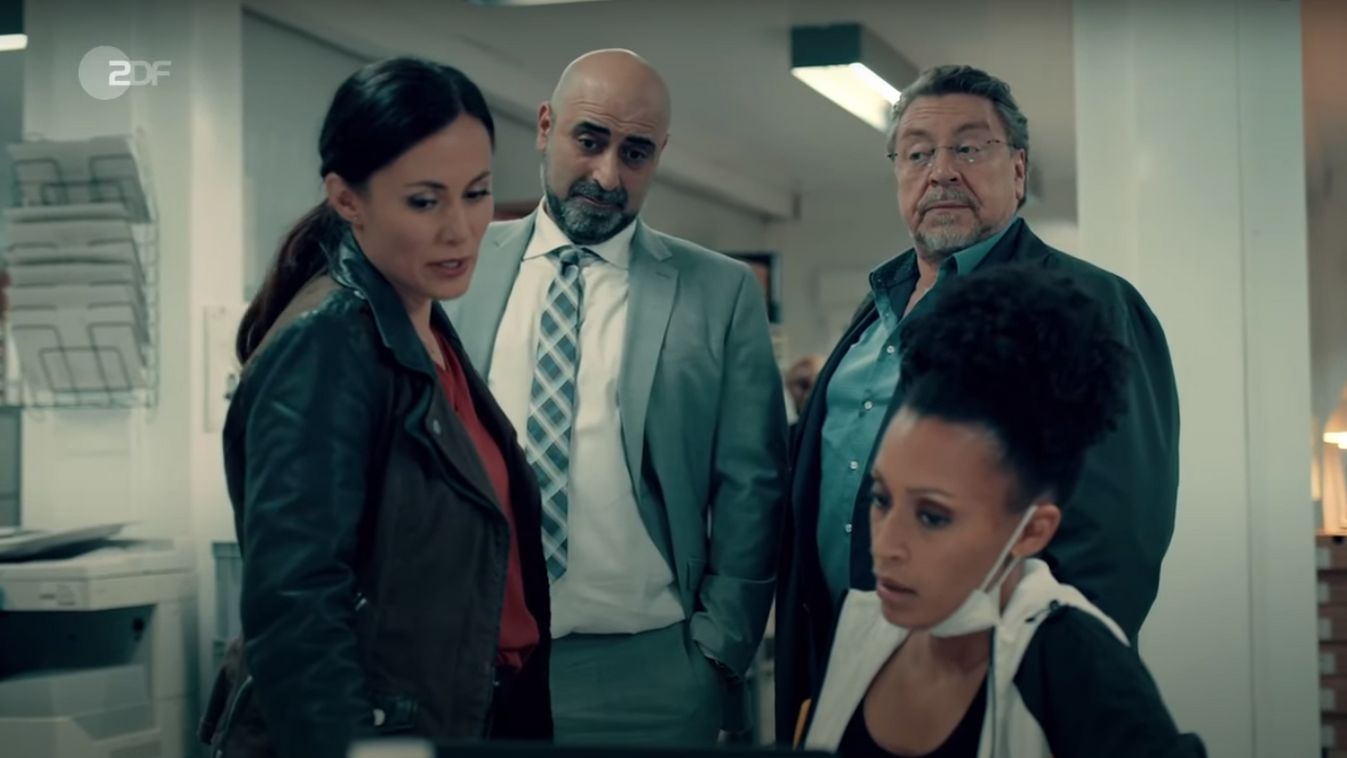

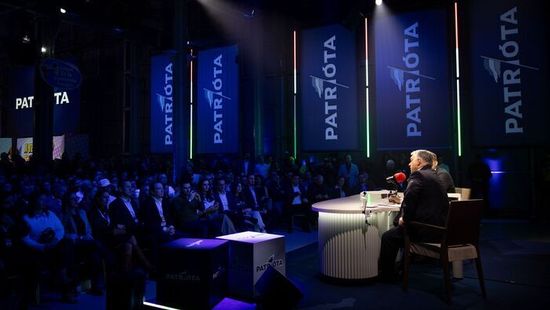
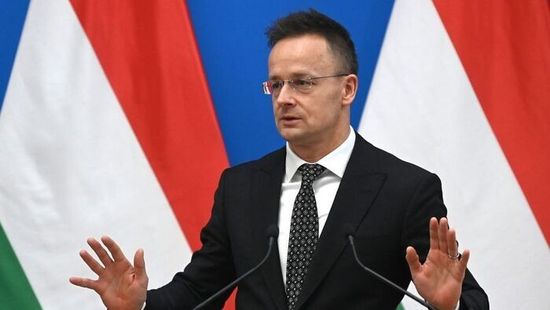


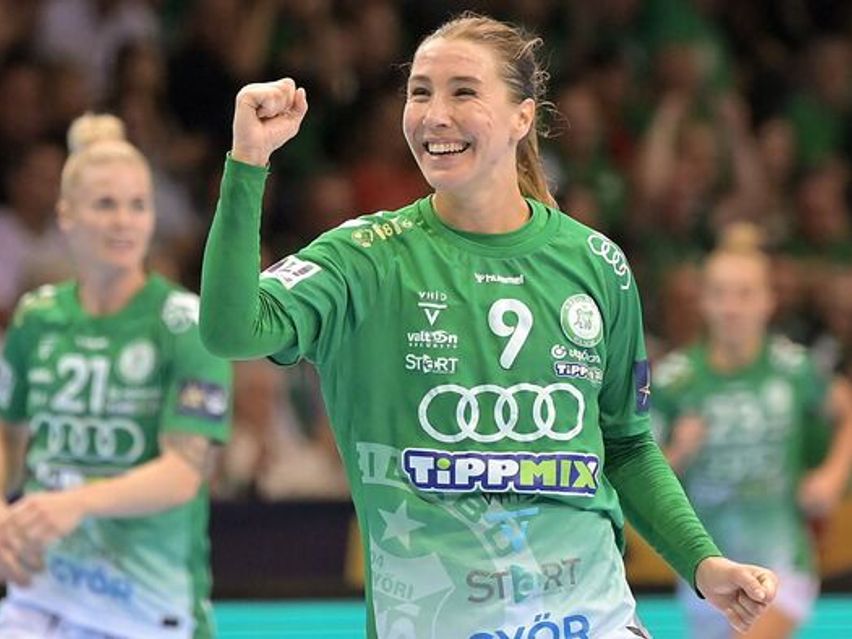
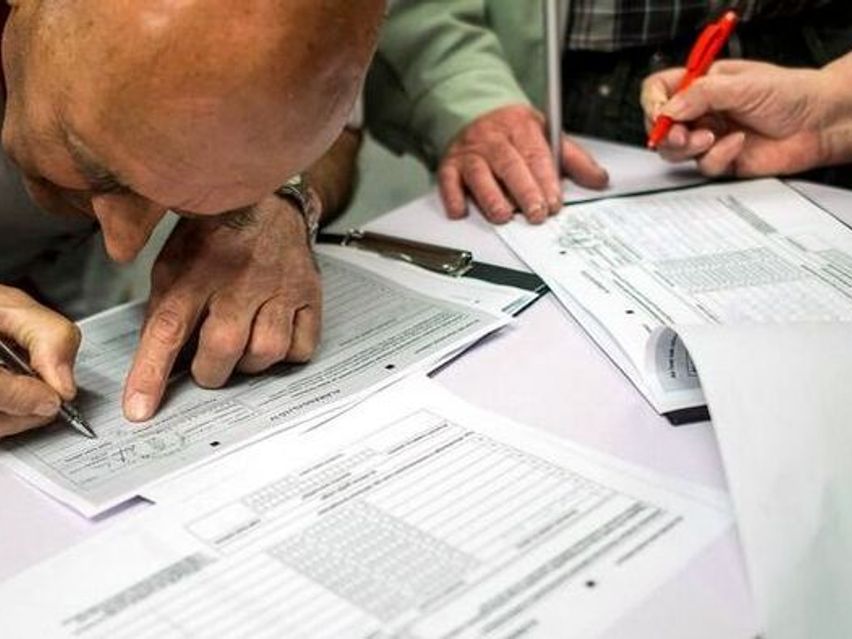
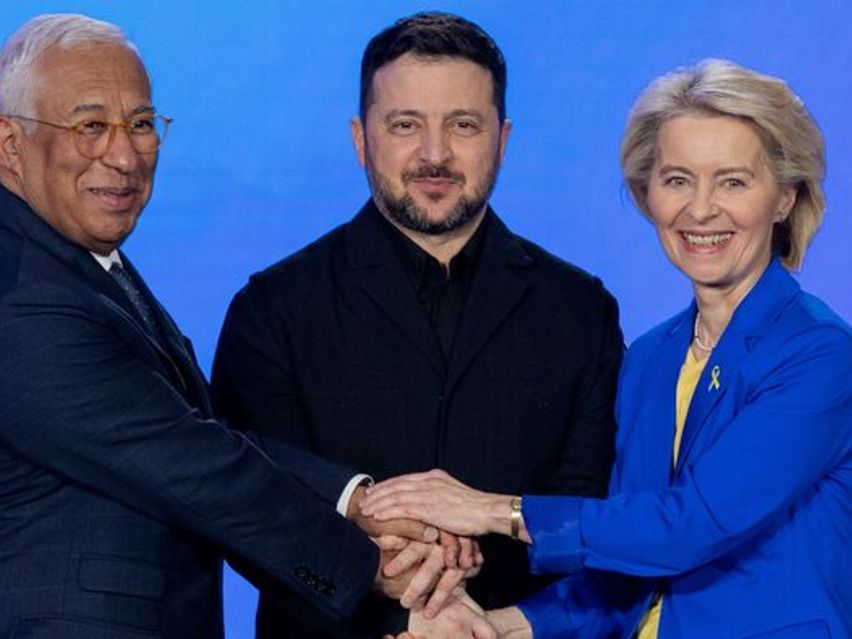



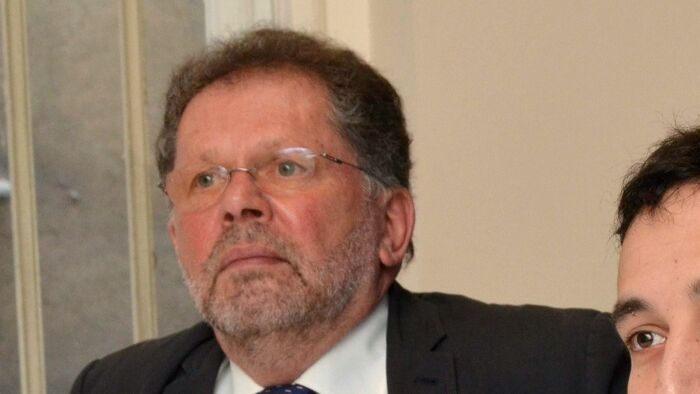

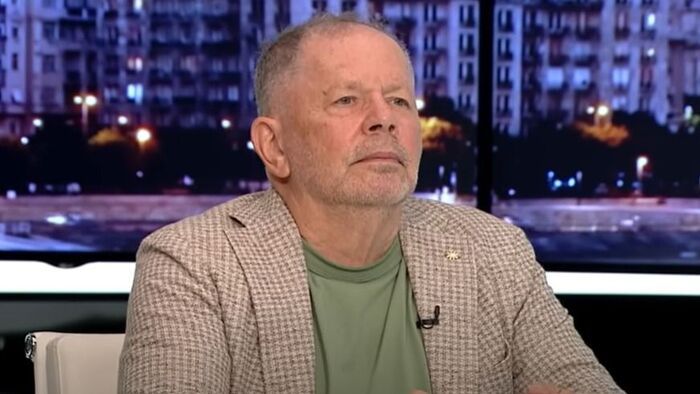
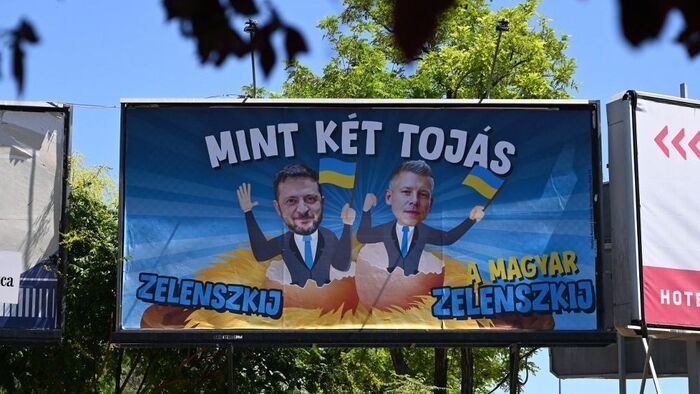





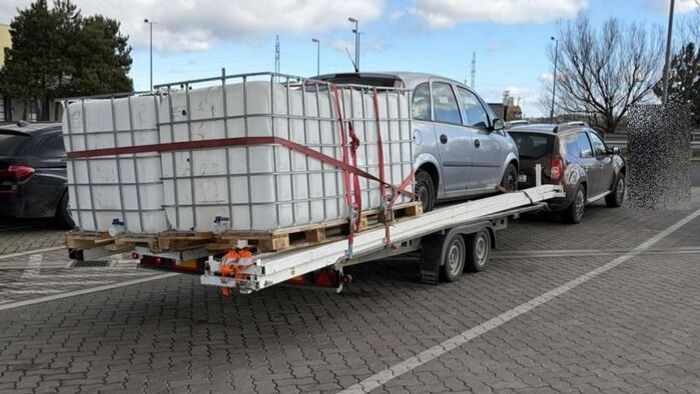

Szóljon hozzá!
Jelenleg csak a hozzászólások egy kis részét látja. Hozzászóláshoz és a további kommentek megtekintéséhez lépjen be, vagy regisztráljon!